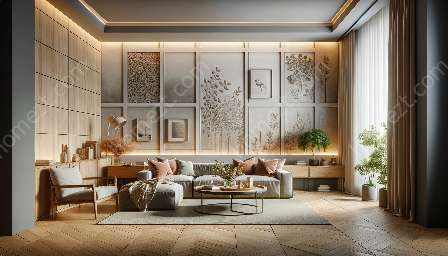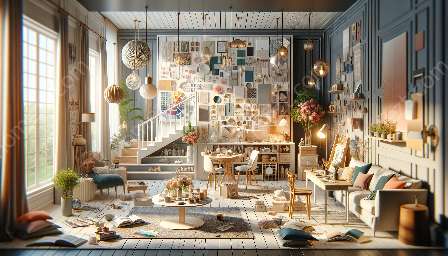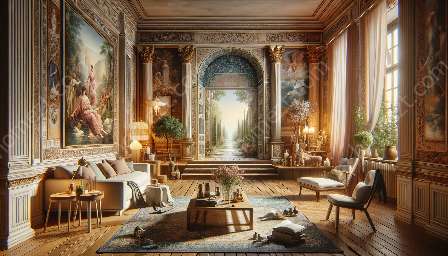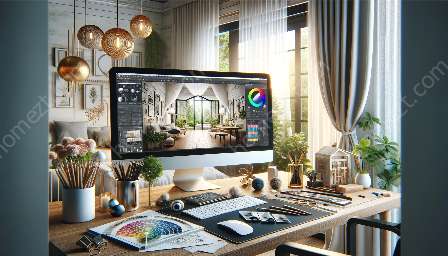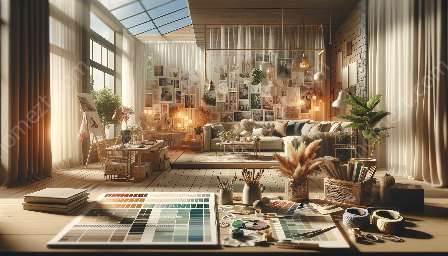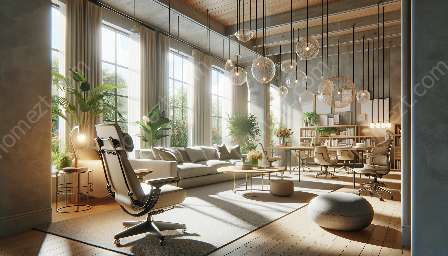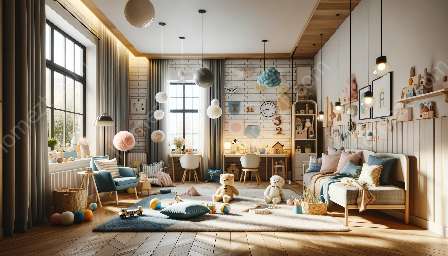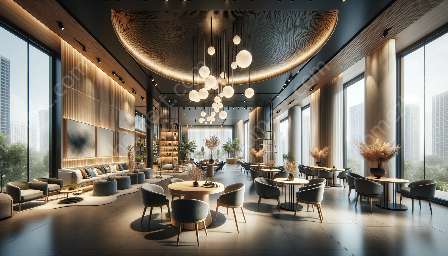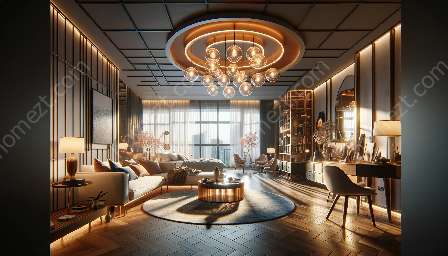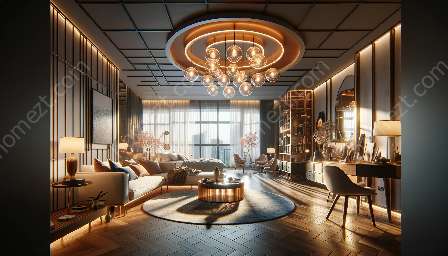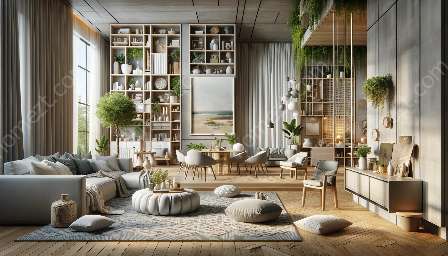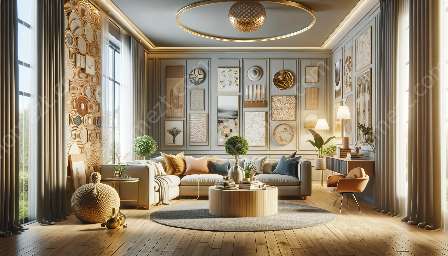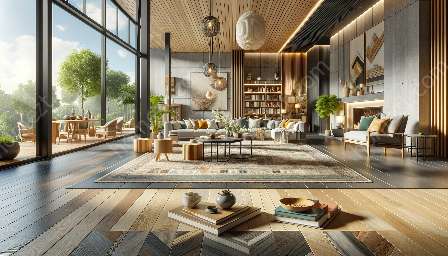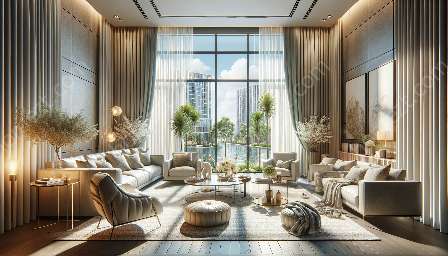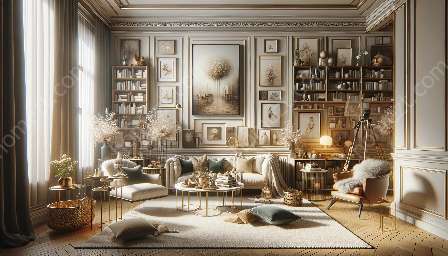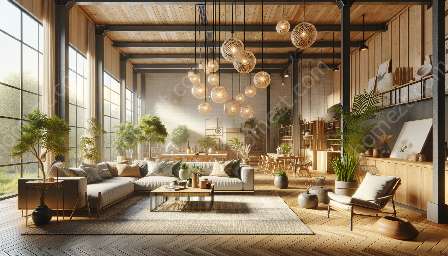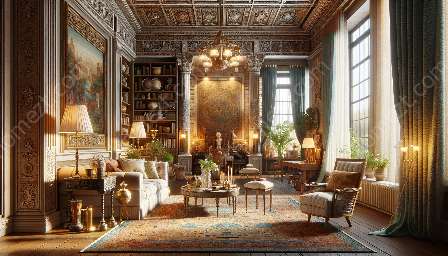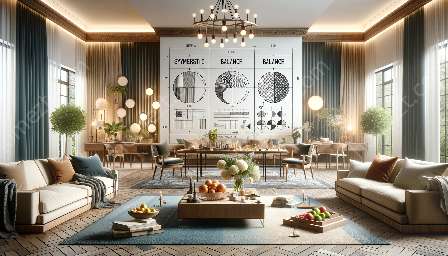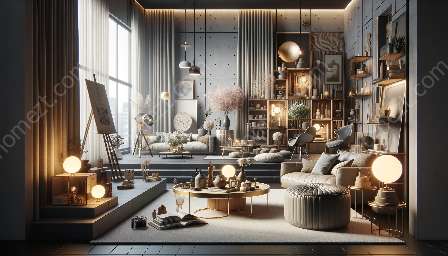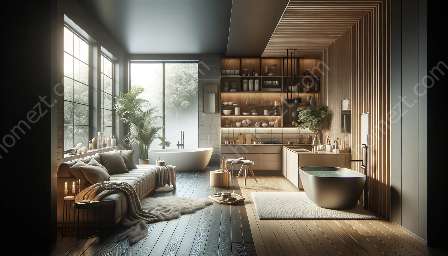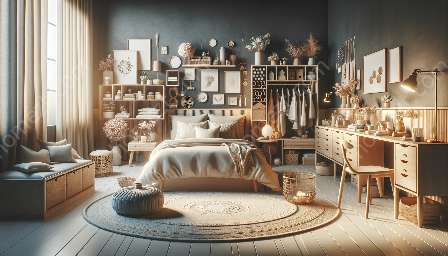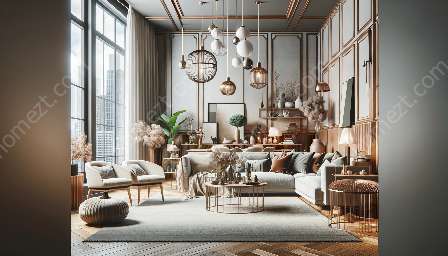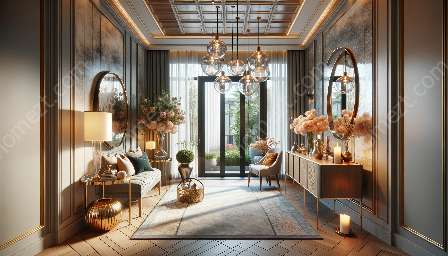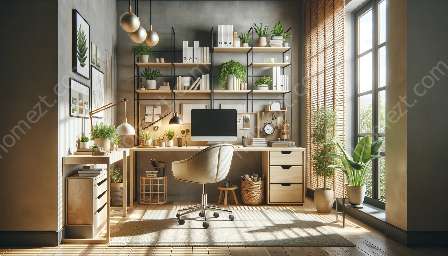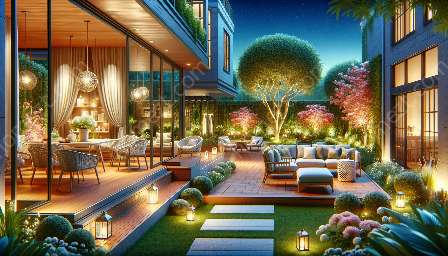Feng shui is an ancient Chinese practice that focuses on the flow of energy, or chi, to create harmonious and balanced living spaces. When it comes to living room design, incorporating feng shui principles can enhance the overall energy and ambiance of the space. By understanding the key principles of feng shui and how they can be applied to living room design, you can create a space that promotes well-being and positive energy.
1. Balance and Harmony
One of the fundamental principles of feng shui is achieving balance and harmony in the living room. This can be achieved through the arrangement of furniture, decor, and the overall layout of the space. The goal is to create a space that feels balanced and supports the flow of energy throughout the room.
2. Clearing Clutter
In feng shui, clutter is believed to block the flow of energy and create stagnant chi. It is important to keep the living room free of clutter to allow the energy to move freely. Utilize storage solutions and organization techniques to keep the space tidy and clutter-free.
3. Natural Elements
Integrating natural elements such as plants, water features, and natural materials can help promote a positive flow of energy in the living room. Incorporating these elements brings the outdoors inside and creates a sense of balance and tranquility.
4. Proper Furniture Placement
The arrangement of furniture in the living room plays a crucial role in feng shui. It is important to consider the flow of energy and ensure that the furniture placement allows for easy movement and a clear pathway for chi to circulate.
5. Optimal Lighting
Good lighting is essential for creating a positive and uplifting atmosphere in the living room. Natural light is ideal, so consider maximizing natural light sources and incorporating lighting fixtures that can be adjusted to create the desired ambiance.
6. Colors and Decor
Colors and decor can significantly impact the energy of the living room. In feng shui, certain colors are associated with specific elements and energies. By selecting colors and decor that align with the desired energy, you can create a harmonious and balanced living space.
7. Flow of Chi
Central to feng shui is the concept of chi, or life force energy. Creating a smooth and unobstructed flow of chi in the living room is essential for promoting a sense of well-being. Pay attention to the pathways and arrangement of objects to ensure that chi can move freely throughout the space.
Interior Design and Styling Tips
When applying the principles of feng shui to living room design, it is important to consider the overall interior design and styling of the space. Here are some additional tips to enhance the feng shui energy in the living room:
- Use mirrors strategically to enhance natural light and create a sense of spaciousness.
- Choose furniture with rounded edges to promote a smooth flow of energy.
- Incorporate meaningful artwork and decor that resonates with positive energy.
- Introduce elements of symmetry and balance in the design to create a visually appealing and harmonious space.
- Consider the placement of electronic devices and minimize their impact on the energy flow within the living room.
Conclusion
By incorporating the principles of feng shui into living room design, you can create a space that promotes balance, harmony, and positive energy. From furniture arrangement and decor choices to the use of natural elements and optimal lighting, feng shui offers valuable insights for enhancing the energy of the living room. Pairing these feng shui principles with interior design and styling tips can result in a stunning and harmonious living space that supports overall well-being.

